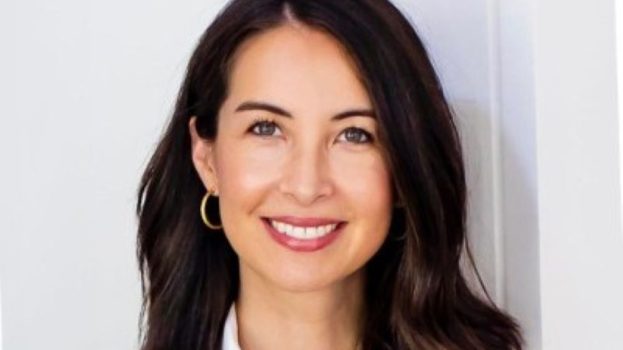At this point in the COVID-19 pandemic, the worlds’ chief marketers consider their number one challenge to be anticipating which new consumer behaviours will stick around, and which will fall away. This uncertainty with respect to the next six to twelve months outranks other challenges that typically weigh heavily on marketers’ minds, including the prospect of reduced marketing budgets.
That’s according to “Into the Unknown,” Dentsu Aegis Network’s latest global survey of CMOs. The network asked marketers which challenges they expect to face over the next year, finding that 40% are worried about “understanding what is a temporary shift in consumer behaviour vs. a permanent change,” 39% are concerned with “aligning with new and changing customer sentiment,” and 39% worry about “declining consumer spending.”
Nearly 50% of respondents based their responses on strategies used during previous recessions, a move Dentsu says is “concerning” given the significant differences between COVID-19 and previous social and economic upheavals.
Jeff Greenspoon, the network’s Canadian CEO and global client innovation lead, says marketers must bear in mind the interrelated health and economic dimensions of COVID-19, which have caused greater levels of uncertainty than in the past and made it more difficult to pin down what the future will look like from a consumer perspective.
“[Marketers] need to think about how people interact with brands and how commerce will take place, based on the expectations that are set today,” he says. “Product-based brands are now becoming service-based brands, because the consumer behaviour, the consumer expectation, has changed.”
The survey, conducted online between May and June, confirms some of the well-documented, short-term impacts of the pandemic. For example, marketing budgets have been deeply cut, with 62% of CMOs forecasting their budgets will shrink or remain the same over the next 12 months (up from 41% in 2019). And less than a quarter of CMOs say their business has been minimally disrupted by the pandemic; nearly one in 10 view it as an “existential threat.”
Amid this uncertain outlook, however, a group of emerging “Frontier CMOs” have emerged who are preparing to weather the storm by focusing on the fundamentals.
“The Frontier CMO is able to identify a need, based on insights, quickly rally an organization around that insight, and then put together the right team of people, internally and externally, to make that happen quickly,” says Greenspoon, describing what distinguishes the group from others in the industry. “The ability to take a learning or a consumer behaviour, an unmet need, find the right people to solve it and then have a very defined process to move quickly from unmet-need to solution-of-that-unmet-need is what the Frontier CMO will succeed with.”
Those on the “frontier” are also more likely than the average to believe their function will play a more important role within their organization, at 44% versus 29% of what it calls “Follower CMOs.”
The report is based on responses from 1,361 chief marketers across 10 markets, including the U.S. While there were no Canadian respondents, Greenspoon says conversations with leaders on this side of the border have revealed a unique opportunity in the Canadian market.
“How does Canada become a hotbed for innovation? Or a test market for the world where smart, nimble and agile thinking [takes place]? Because we’re a smaller market or because we have some latitude to try new things can the country become this incubation bed for what may be great ideas for a global brand or a global organization?” the CEO says. “That’s been a consistent theme I’ve been hearing over and over again.”
This helps explain why agencies’ relationships with their clients are evolving, according to the survey, with CMOs identifying innovation as the top competency they need from their partners at the moment. Greenspoon says many clients’ attitude at the moment is: “I am open to any and all new ideas – bring them to me proactively, and be bold.”
He says agencies have often put too much focus on the services they provide, instead of the ideas that will change client’s business. “In today’s world, the Frontier CMO and a lot of CMOs that I talked to are interested in bold, thought-provoking and provocative ideas in a way that they may not have been a year ago.”

























